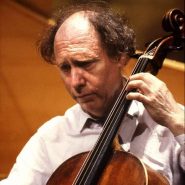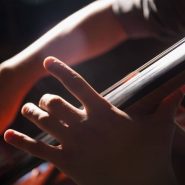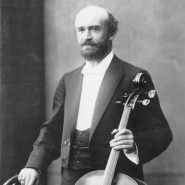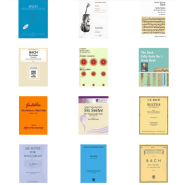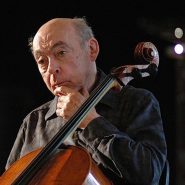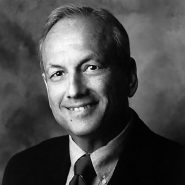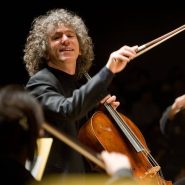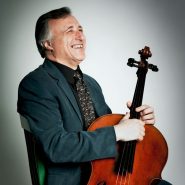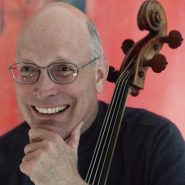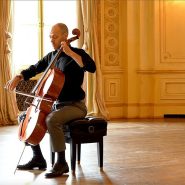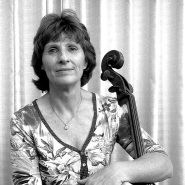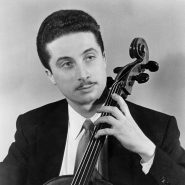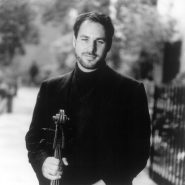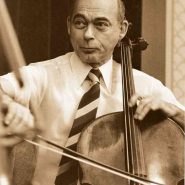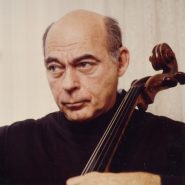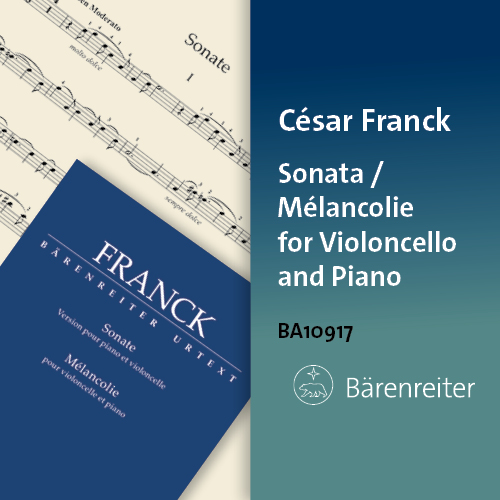Tag: Janos Starker
By Tim Janof August 7, 2023
By Janet Horvath April 24, 2022
By Janet Horvath February 11, 2022
By Tim Janof November 30, 2021
By Tim Janof September 13, 2021
By Tim Janof January 11, 2021
Subjects Interviews
By Tim Janof September 29, 2020
By Tim Janof September 16, 2020
Brant Taylor (Chicago Symphony Orchestra) on the cello of his former mentor János Starker.
By Tim Janof October 27, 2019
Subjects Interviews
By Tim Janof October 25, 2019
By Tim Janof August 5, 2019
Subjects Interviews
By Tim Janof August 5, 2019
